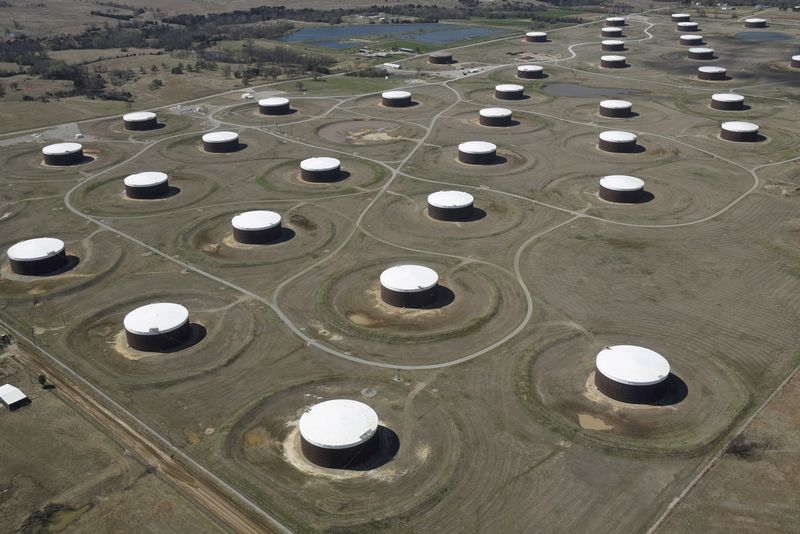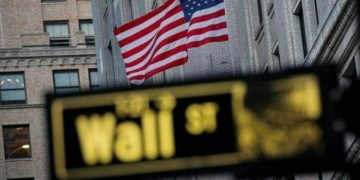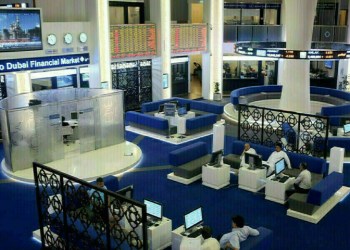
© Reuters. FILE PHOTO: Crude oil storage tanks are seen from above at the Cushing oil hub, in Cushing, Oklahoma, U.S., March 24, 2016. REUTERS/Nick Oxford
By David Gaffen
NEW YORK (Reuters) – Oil prices extended their slide on Wednesday on investor worries that the global economy would slow further with renewed restrictions to curb COVID-19 in China.
Brent crude futures for October, due to expire on Wednesday, were down $2.51 at $96.80 a barrel following Tuesday’s $5.78 loss. The more active November contract was down 62 cents to $97.22 a barrel.
U.S. West Texas Intermediate (WTI) crude futures were down 44 cents, or 0.5%, to $91.20 a barrel by 12:36 p.m. EST (1736 GMT), after sliding $5.37 in the previous session on recession fears.
Both contracts fell by more than 3% in earlier trade.
“The weakness coming out of China has played a significant role” in lowering prices, said Harry Altham, energy analyst for EMEA & Asia at StoneX Group in London. “There are fears of demand destruction across the West as interest rates rise and inflation concerns grip Western economies.”
The Joint Technical Committee of the Organization of the Petroleum Exporting Countries (OPEC) and allies, together called OPEC+, said it now sees an oil surplus this year of 900,000 barrels per day (bpd), up 100,000 bpd from its forecast a month earlier.
Some OPEC+ members have called for cuts. The group is next due to meet on Sept. 5 amid weakening demand in Asia that spurred Saudi Arabia to lower its official selling prices to that region. OPEC’s output rose to 29.6 million bpd in the most recent month, according to a Reuters survey Wednesday, while U.S. output rose to 11.82 million bpd in June, according to federal data. Both are highest levels since April 2020.
U.S. crude stocks fell by 3.3 million barrels, the U.S. Energy Information Administration said Wednesday, while gasoline stocks were down 1.2 million barrels. [EIA/S]
China’s factory activity extended declines in August due to new COVID infections, the worst heatwave in decades and an embattled property sector weighed on production, suggesting the economy will struggle to sustain momentum.
Parts of China’s southern city of Guangzhou imposed COVID-19 curbs on Wednesday, joining the tech hub of Shenzhen in battling flare-ups and fuelling uncertainty over commerce and daily life in two of the region’s most economically vibrant cities.
Euro zone inflation jumped to 9.1% in August, another record high, and is in line to hit double-digit territory, heralding a string of big interest rate hikes even as a painful recession appears increasingly certain.
Russian action on natural gas lent further support. Gazprom (MCX:GAZP) halted natural gas flows through Europe’s key supply route on Wednesday as the economic battle intensified between Moscow and Brussels.
Source: Investing.com






























